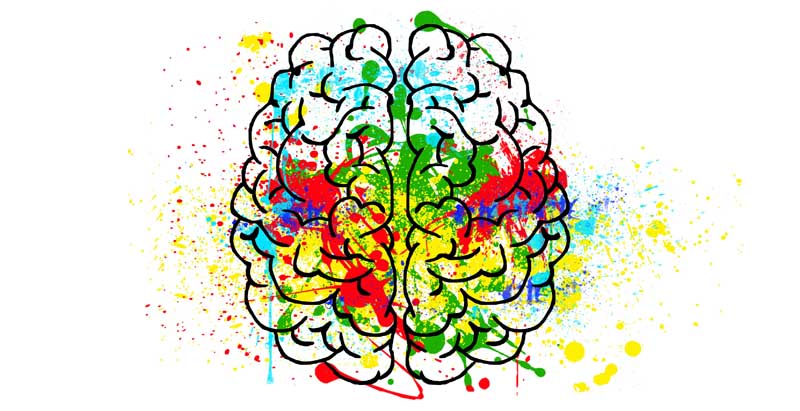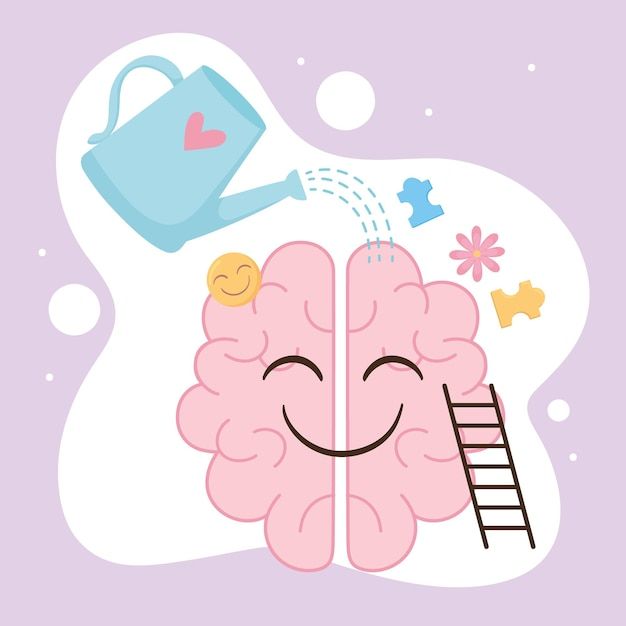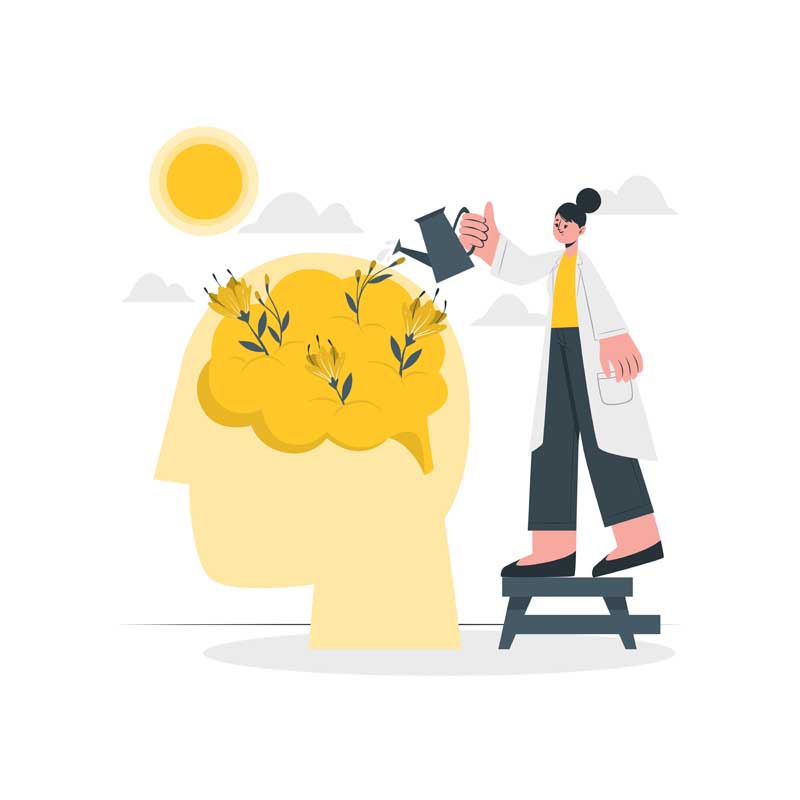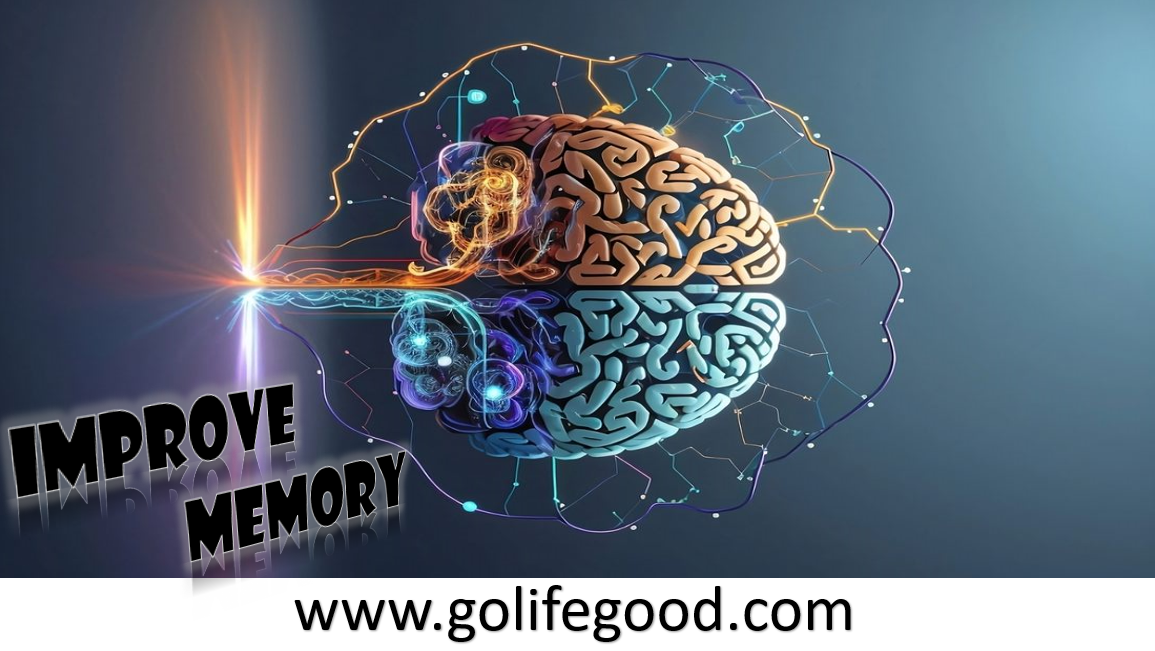Ways to improve memory
We may think those with a very good memory are more intelligent than others, but this is untrue. With these four methods of memorization, we can keep anything in our memory.
A way to keep the contents in the memory and learn better
The truth is that the power of memory largely depends on what tools we use to memorize and how skilled we are in using them.

This article deals with 4 ways to keep anything in our memory. If we want to learn and retain something, we need two types of knowledge:
One is about the desired subject, such as history, programming, or math, and the other is about how to learn. But the bad news is that the current education system addresses only one of the two. This is a problem considering that the ability to learn will be one of the most important factors determining our success in life, from work to university. To be successful in the long run, we need to add new skills to our old ones over time.

“Parents and teachers are very good at teaching the first case,” says psychology author Annie Murphy Powell. Humans are fine at cussing concrete information such as names, dates, numbers, and facts. However, the guidance we provide about the learning process (the metacognitive aspect of learning) is more unaccountable, which shows itself in the results.
In other words, research in education will show that weak students have “fundamental deficiencies” in understanding the cognitive strategies that allow people to learn optimally. According to Paul, this shows that part of students’ poor performance is due to their lack of knowledge about the learning process itself, and this is a cultural issue.

Mark McDaniel and Henry Roediger, professors of psychology at Washington University in St. Louis and authors of “The Science of Successful Learning,” say, “The way we teach and study is largely a combination of theory, technique, and intuition.” Therefore, it is better to put aside tricks and choose strategies that are effective in practice.
1- To force ourselves to remember
The most unpleasant part of learning is how hard it is. The authors of the mentioned book argue that, just like weight lifting, where the muscles are strengthened by lifting weights to the maximum extent, the best learning will also occur when we face difficulty in this task.
Exploiting this fact is simple but challenging. We must force ourselves to remember what we remember. Using flashcards will help us a lot in this direction.

2- Don’t be fooled by easy learning
If we feel that learning what we are reading is easy, we should be careful because this feeling will only get us into trouble. For example, we are at the airport and trying to determine which gate to go to. We looked at the terminal monitors and saw that the gate we wanted was, for example, B25. We say to ourselves that B25 is easy to remember. Then we move away from the monitors, check our mobile phones to pass the time, and in the blink of an eye, forget where we are supposed to go, just like when we forget what time it is despite looking at the clock.
However, the alternative is to read the gate number. Then, we turned away from the monitor and asked ourselves the gate number. If we remember B25, we can take care of our other work.

3- Tie the new information to our previous information
In The Science of Successful Learning, Henry Roediger and Mark McDaniel say: “The more we can explain how the new material we have learned relates to our previous knowledge, the better we will learn this new information.” On the other hand, the more connections we create between the two, the easier it will be for us to remember new information later.”

Weaving new threads in the fabric of previous knowledge means detailing. One of the best techniques is to consider real-life examples of these discoveries. For example, if we have learned the basics of a poetic format, let’s read the poems in that format. If we have just learned about heat transfer, we can picture it as warming our hands on a cold winter’s day with a hot cup of tea.
4- Repeat, repeat, repeat

The best way to maintain multiple data recovery is learned. Francesca Gino, a professor at Harvard Business School, says this: “When we have the opportunity to repeat our new findings, our efficiency will be strengthened, and we will have more confidence in achieving new achievements.” As a result, we will put more effort into what we are doing and what we are trying to learn.”

Leave a Reply